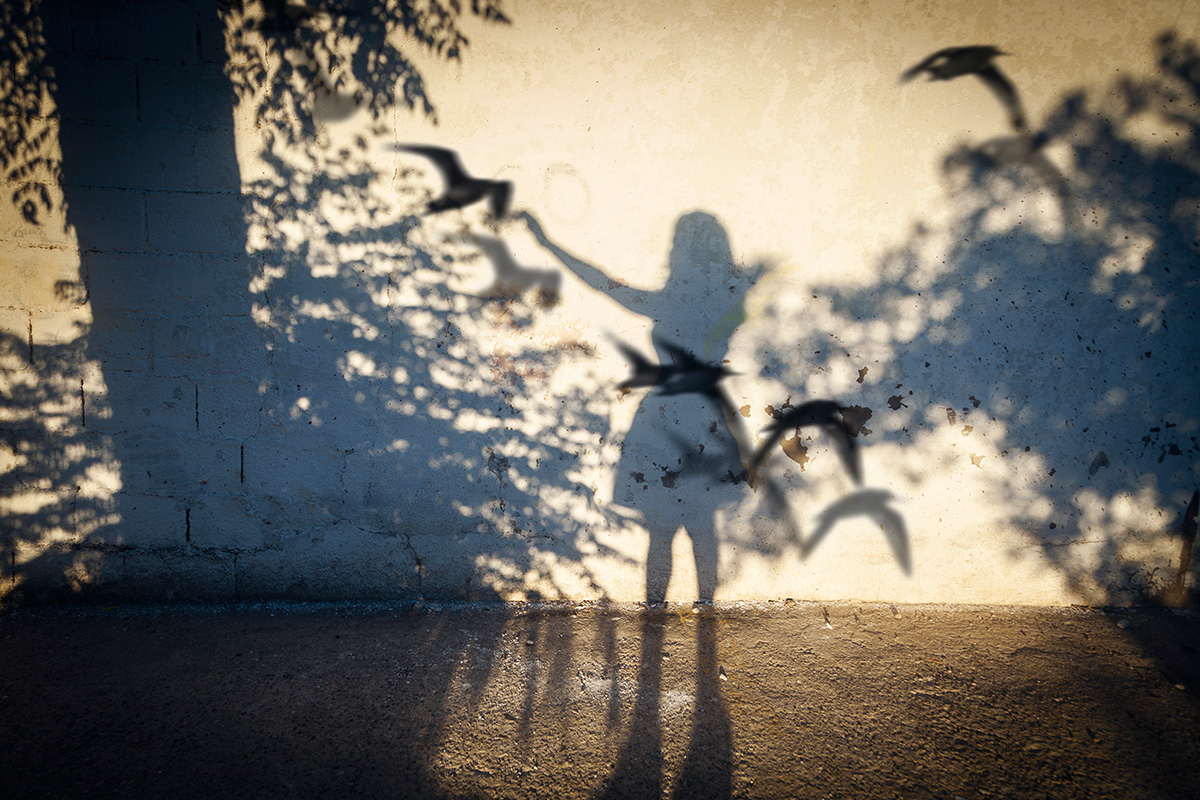This article was sponsored by the JDC.
I am a proud member of the Jewish community of Poland.
That may sound like a simple statement, but it took me years to get comfortable identifying myself that way. Growing up in Wrocław, Poland, being Jewish isn’t really something I ever associated with.
But one day when I was 6 my best friend told me he didn’t like Jews. For some irrational reason, I felt stung.
I come from a mixed family. My father is Catholic, and we grew up celebrating Christian holidays. My mother doesn’t belong to any organized religious community — but her father, who died when I was a baby, was Jewish. As a kid, I had a vague awareness of this because we’d visit my grandfather’s grave in the Jewish cemetery.
Everything changed when my sister, who is nine years older than me, got involved with the Polish Union of Jewish Students and ended up going to Szarvas, the international Jewish summer camp in Hungary that brings together Jews from around the world. It’s a place where Jews from all kinds of backgrounds (including none at all) have fallen in love with Judaism, made lifelong friendships and even met their spouses.
My sister came home that summer raving about her experience, and the next summer I went to Szarvas too, and for many summers after that. (The camp is a project of the American Jewish Joint Distribution Committee, known as JDC, and the Ronald S. Lauder Foundation).
Szarvas is where I made friends for life. It’s where I celebrated Shabbat for the first time. It’s the first place I felt accepted as a Jew.
Those experiences set me on a journey that has made me not just a proud Jew, but a career one: Today I am the program and communication director at the Jewish community center in Warsaw, home to Poland’s largest Jewish community, and I have a master’s degree in Jewish studies.
On Hanukkah, I hosted an online video campaign event that was shared around the world as part of a JDC event series called A Great Miracle Happened Here. It showcased different Jewish communities around the globe for each of Hanukkah’s eight nights.
Though I live in Poland, I know that many American Jews have similar experiences to mine. We grew up in places without many Jews. We might have been the only Jew in our school and may have experienced antisemitism. We didn’t go to Hebrew school or celebrate the Jewish holidays. And when we first found ourselves in overwhelmingly Jewish environments — maybe at a party or an event or in a synagogue — we felt intimidated, uncertain of ourselves, almost apologetic.
We shouldn’t be. When people walk into my JCC, I don’t ask them if they’re Jewish or quiz them on their Jewish knowledge. I believe that people should be able to have Jewish experiences and explore their Jewish selves without having to prove themselves first. You don’t have to know what a dreidel is to play the game.
I know that some Jews don’t consider me Jewish because my Jewish roots comes from my maternal grandfather. I never had a bat mitzvah, I’m not religious. But I am Jewish. I count as a Jew because I am part and parcel of the Jewish community in Warsaw.
What you need is to have Jewish experiences — with others who identify with or want to be part of the Jewish family.
My JCC in Warsaw is different than a typical American JCC. We don’t have a gym or a swimming pool or a sports center. The three pillars that guide us are community building, culture and education. Founded by JDC and now run by the local Jewish community, our focus is informal Jewish education. We have activities for kids, family workshops, and lectures and meet-ups for adults. If you want to be a part of the Jewish community, you are welcome. What I want to do is give people the tools they need to explore and build their Jewish identity and their own Jewish narrative, as I did.
Being a Jew in Poland is a special privilege. First the Nazis exterminated almost all of Polish Jewry, and then the Communists tried to erase the identity of the few who remained. Most of the community didn’t survive, but my grandfather did, and that’s why I am here today.
This is also one of the messages of Hanukkah. It is the festival of lights during the darkest days of the year — a celebration of the triumph of a Jewish minority standing against a majority that tried to crush us. Plus, we get to eat doughnuts guilt-free and unabashedly wear ugly sweaters. What could be better than that?
If we want to continue to survive and thrive as a people, we need to open our arms and embrace and encourage all those who want to be a part of our community. We need to accept them as they are and help them find meaning in being Jewish. I was lucky enough to have that experience myself. Now I work to give others the same opportunity.



